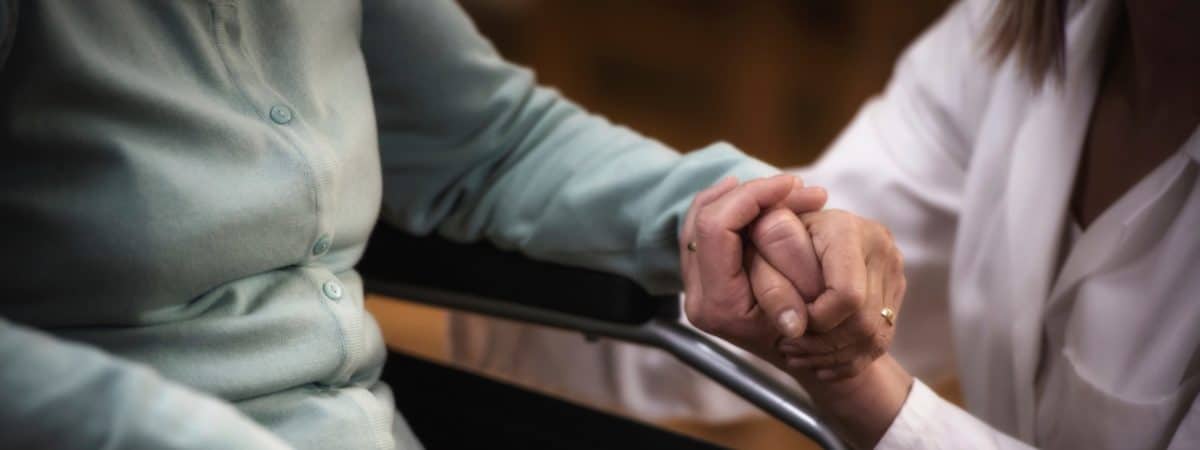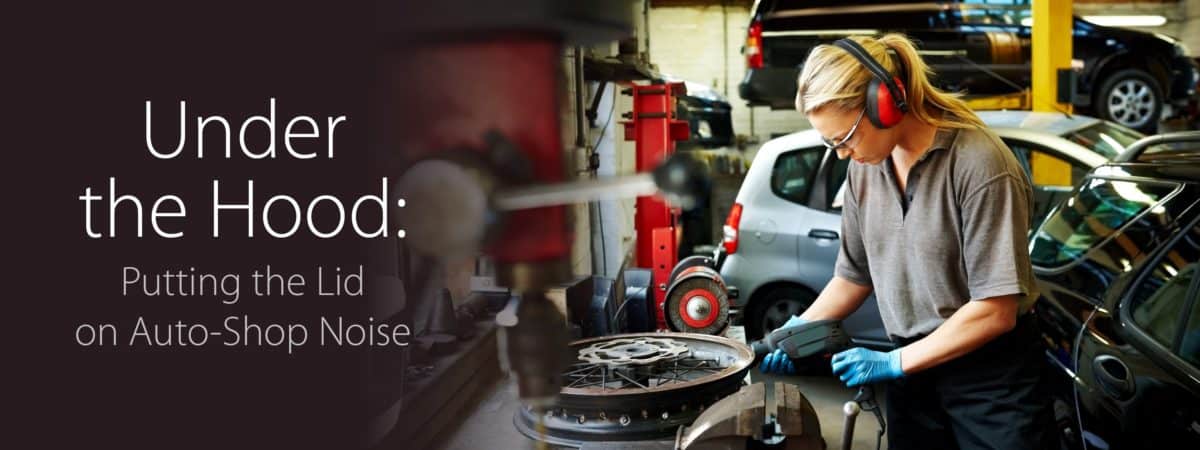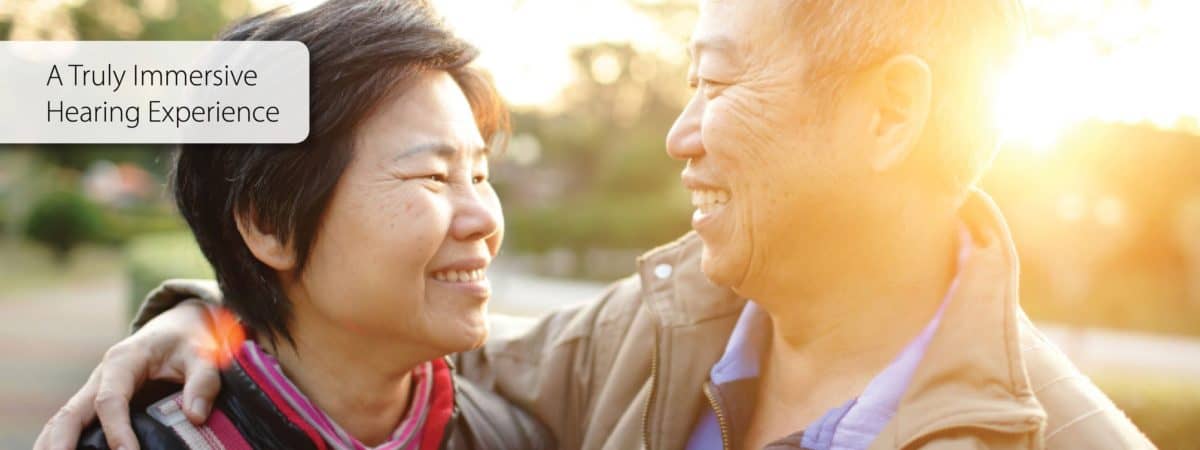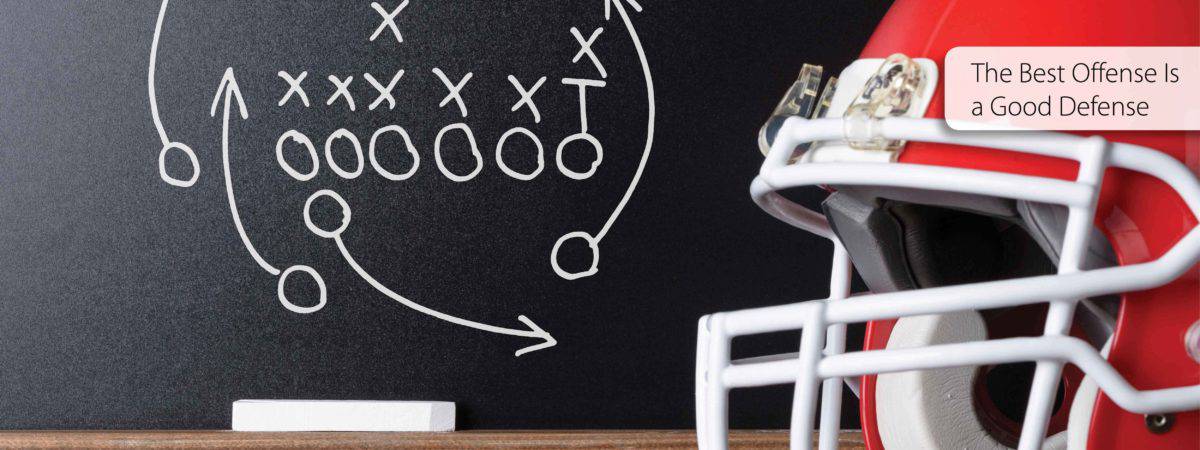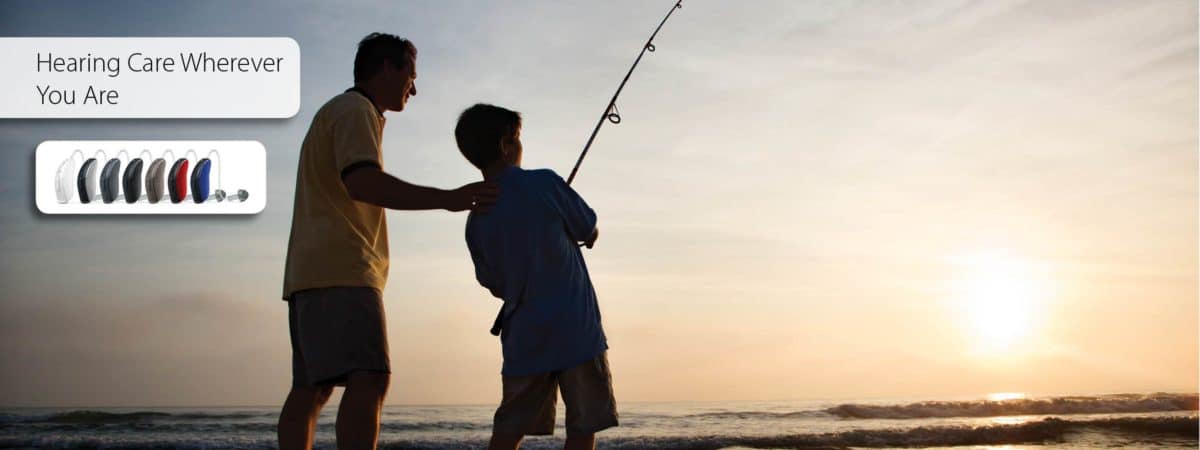What does rheumatoid arthritis (RA) have to do with hearing loss? Quite a bit, according to a new study released by the Open Rheumatology Journal. Hearing loss has been linked to a decrease in overall mental and physical health. Research has proven connections with age, smoking, …
Hearable Holiday Gift Guide
Tech tailored to you, your lifestyle, and your goals Looking to get yourself or your favorite tech-savvy, fitness-focused loved one a pair of hearables this season? Check out our helpful hearable gift guide that covers what they are, some of the different features, various brands, …
Noise Hazards on the Job: Protect Yourself!
Clang! Slam! Rizzz! Vroom! From engines running and car doors closing to sanders whirring and air compressors humming, workplace noise comes with the territory at auto shops, and some of it can prove damaging to a mechanic’s ears and hearing health. An estimated 22 million …
The Hunt for Hearing Protection: What You Need to Know to Keep Your Ears Safe
You have a passion for hunting and/or shooting, and we have a passion for hearing. Our two interests come together during National Protect Your Hearing Month, celebrated in October. To keep being a sharp shooter, you have to protect your hearing. Here’s what you need …
5 Ways Better Hearing Can Help Your Career
More than 10 percent of full-time employees have a diagnosed hearing problem, and another 30 percent suspect they have a problem, but have not sought treatment, according to EPIC’s Listen Hear! survey. And of those with a suspected hearing loss, nearly all report that this hearing …
Are You Making the Most of Your Hearing Benefits?
It’s all too easy to get sidetracked from your health care while preparing for and celebrating the holidays — Halloween hits, and already you’re confirming December flight plans — so we want to remind you to take advantage of unused insurance benefits before the year …
The Most Natural-Sounding Hearing Aids Ever: AGXs iQ
The immersive quality of iQ hearing aids — combined with AGX® Hearing’s renowned, industry-leading benefits, like no whistling or feedback, superior speech detection, and automatic noise reduction — helps people with hearing loss connect, hear, and interact with everyday experiences as naturally and effortlessly as …
Football Fans! Here’s to Your Best (Hearing) Season Yet
Loud NFL stadiums have become a source of pride for fans and teams across the country. But with stadium noise exceeding safe decibel (sound pressure) levels, it’s also a source of hearing loss. Cheering fans can push decibel (dB) levels well into the hundreds. At …
Can Music Help You Hear Better?
When we as hearing care providers think about music, generally the detrimental effects come to mind. But Frank Russo, professor of psychology and director of the Science of Music, Auditory Research, and Technology Lab (SMART Lab) is bringing to light possible positive effects. Russo is …
Do More, Hear More, Be More With ReSound LiNX 3D™
The future of Smart Hearing is here with ReSound LiNX 3D™. You will be able to do more and be more than you ever thought possible because it’s up to 50%† better at identifying speech in various environments*, you can hear up to 80%†† more of the sounds …


